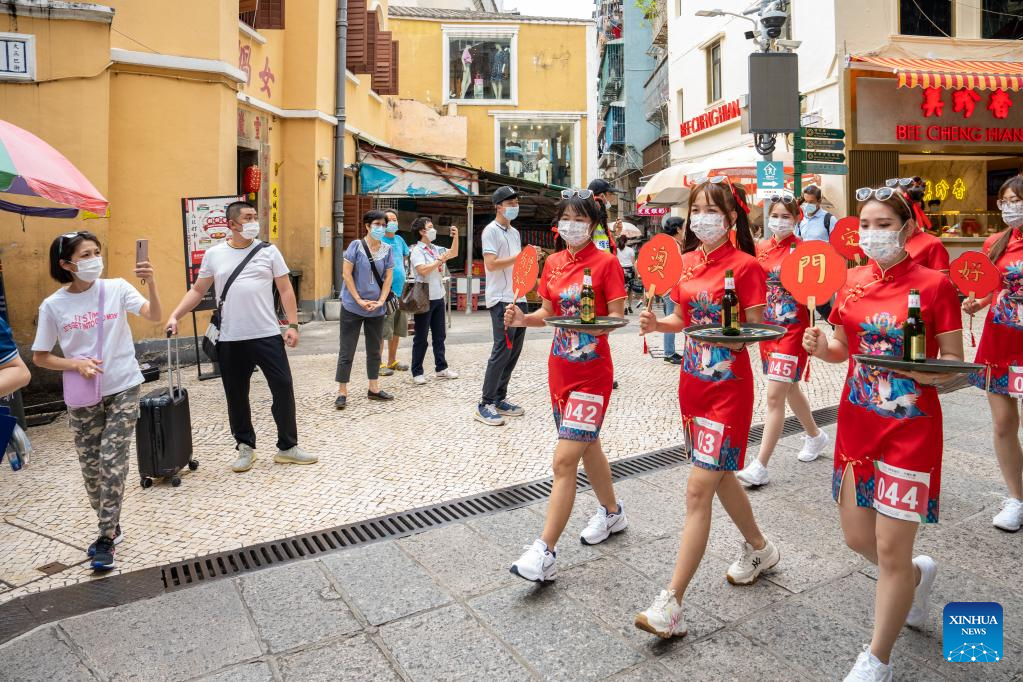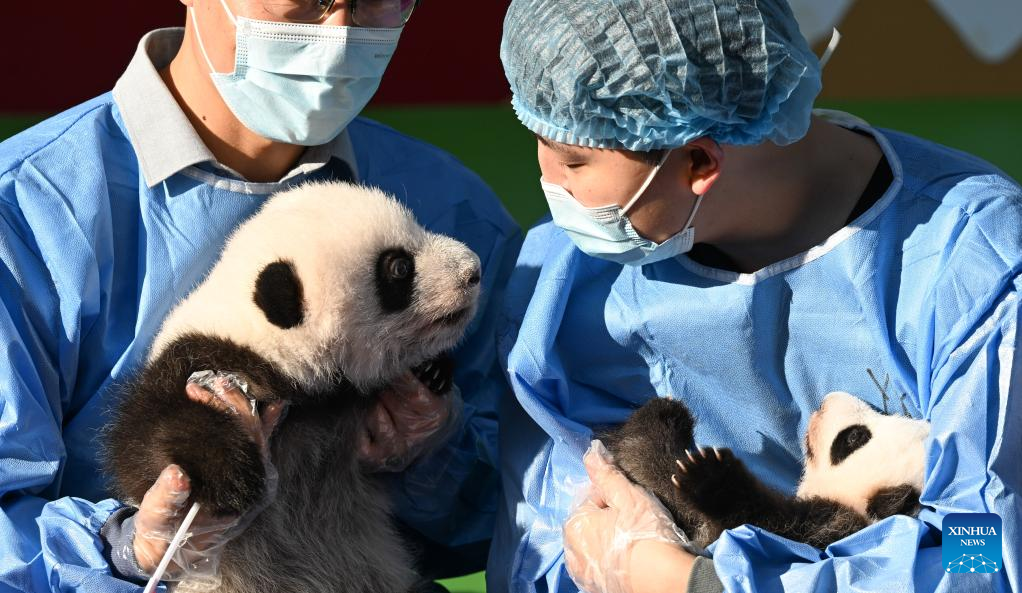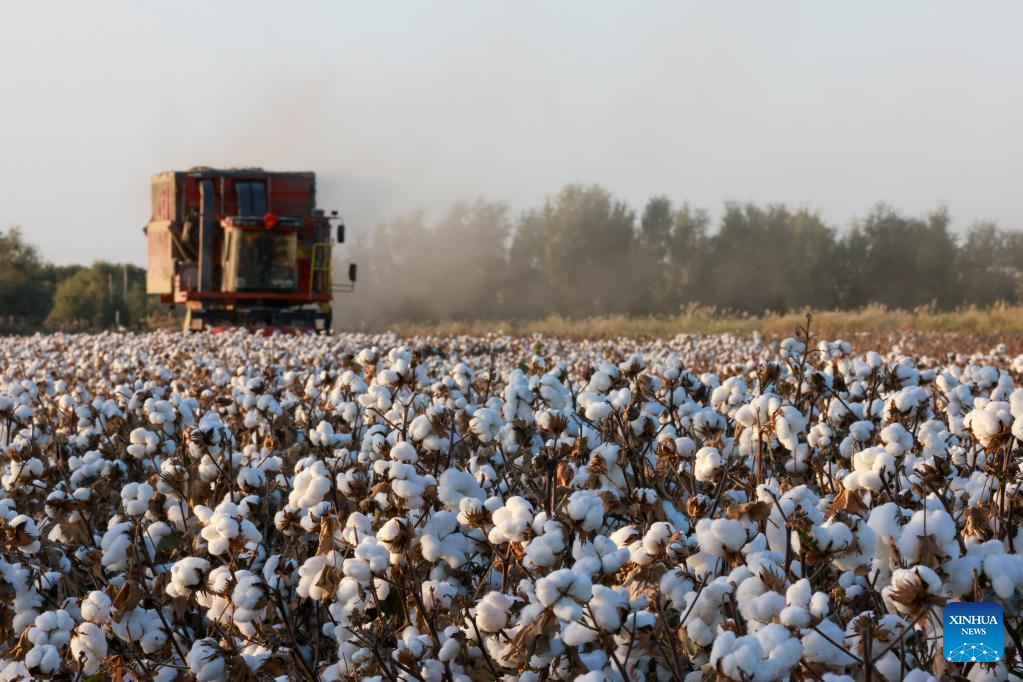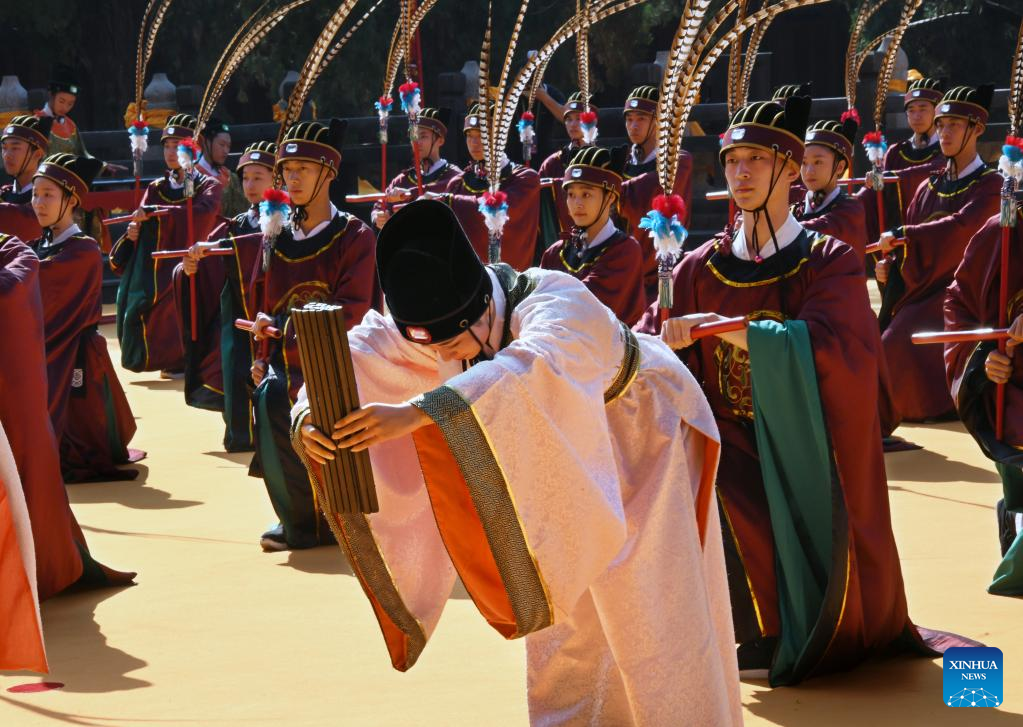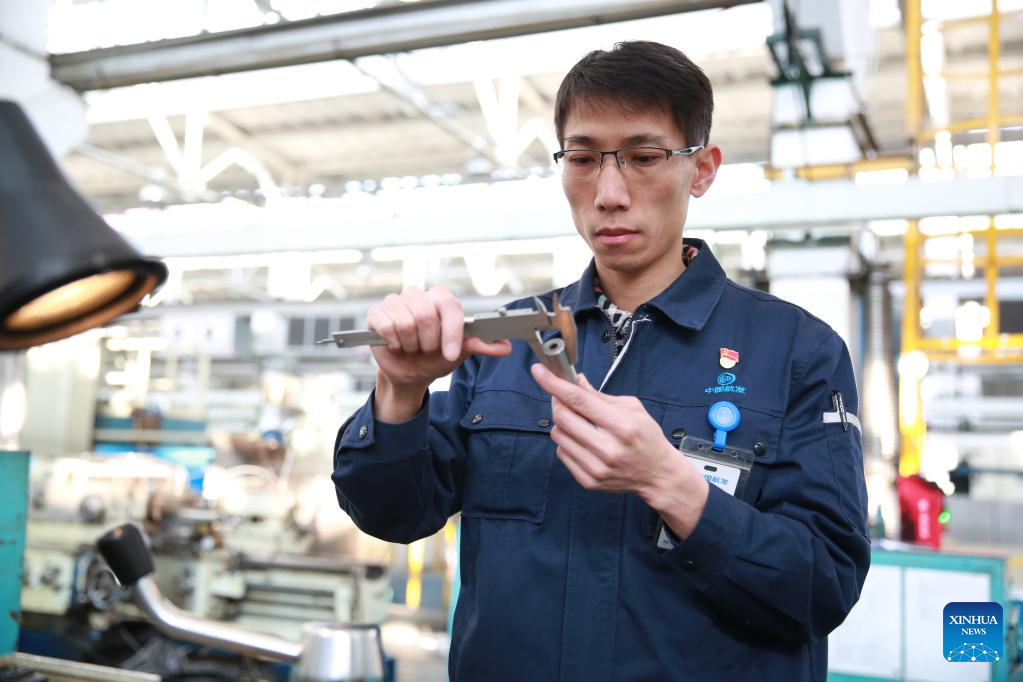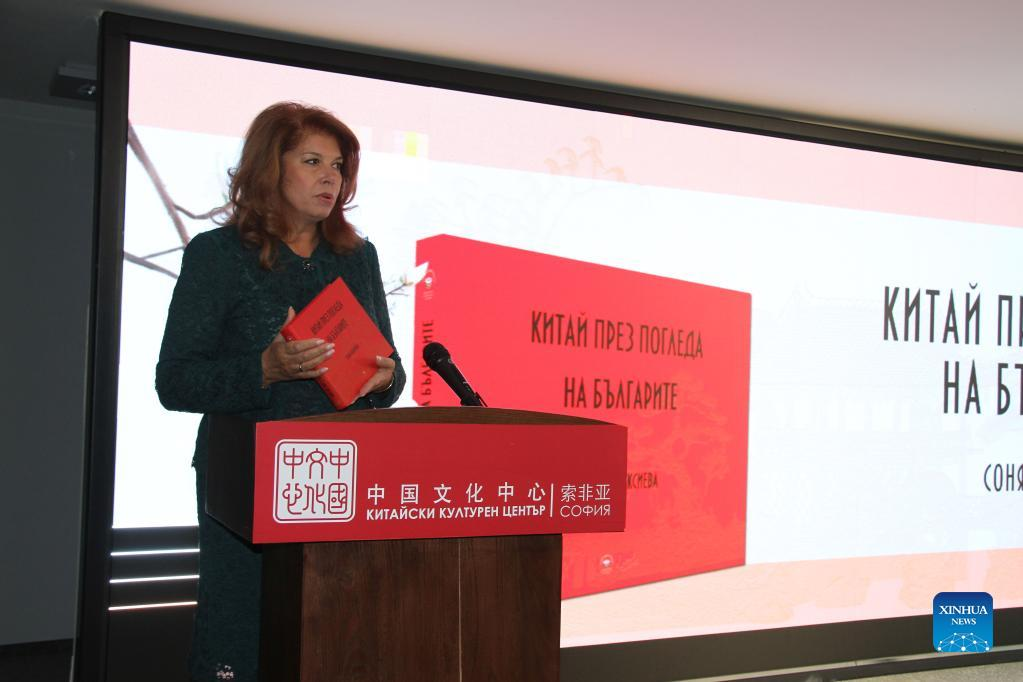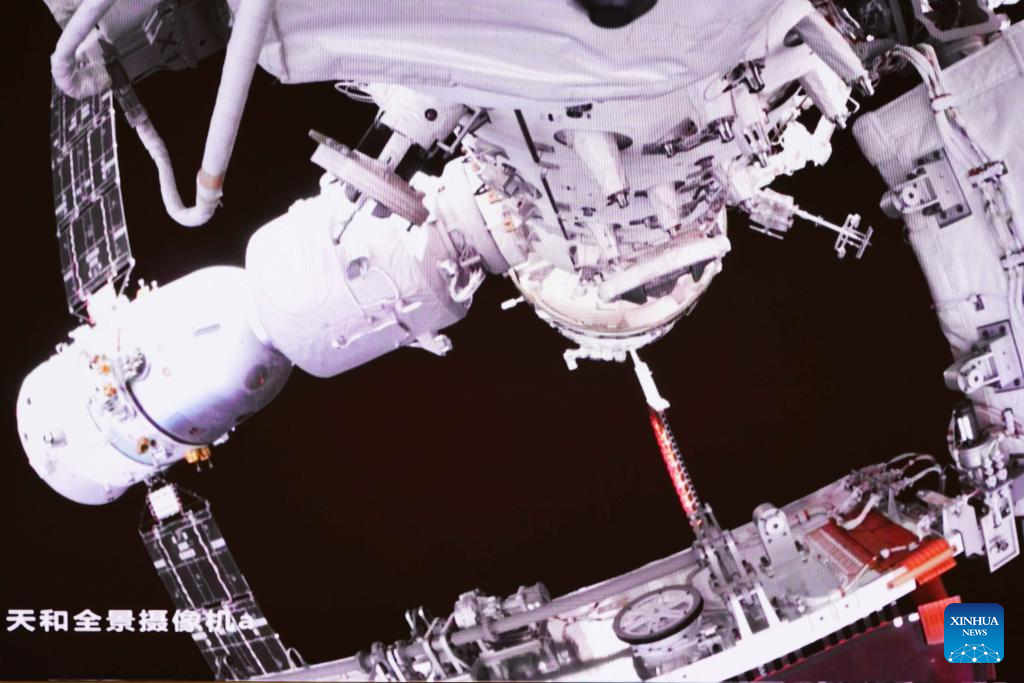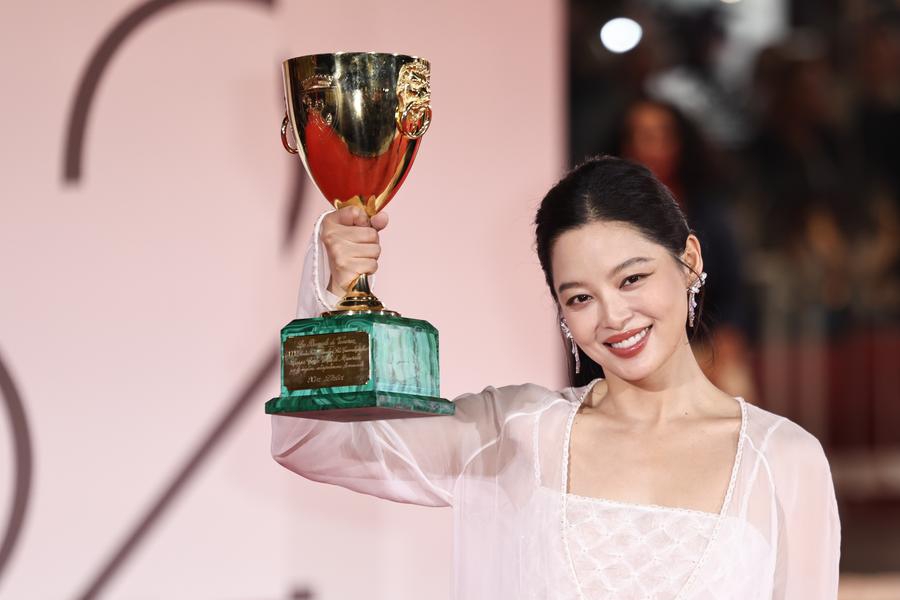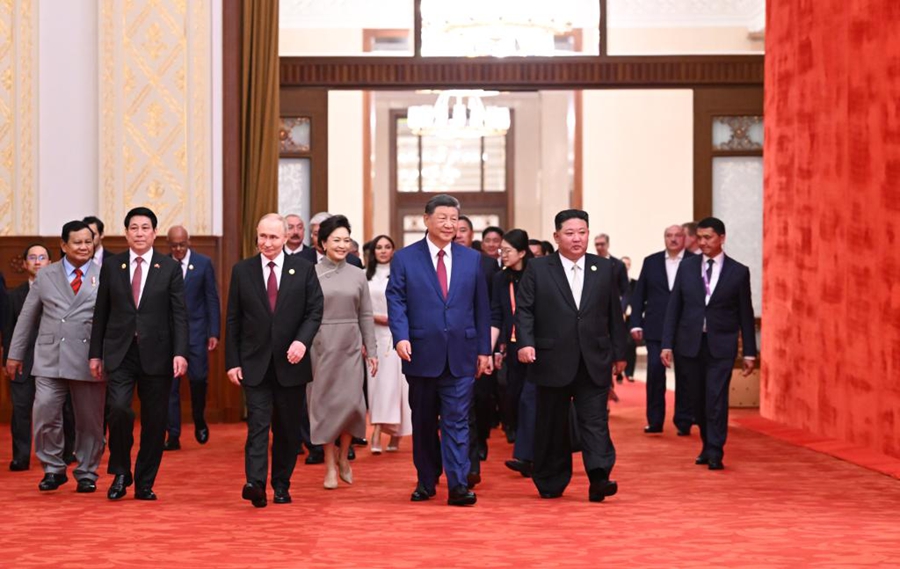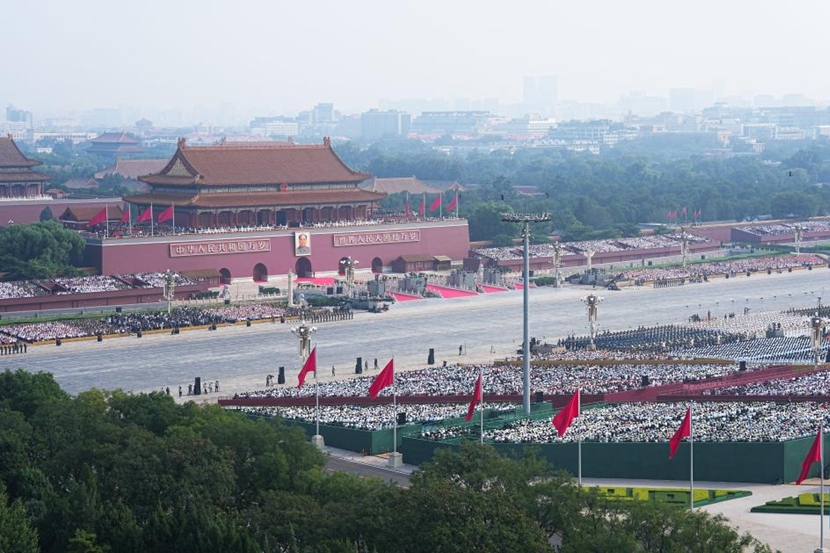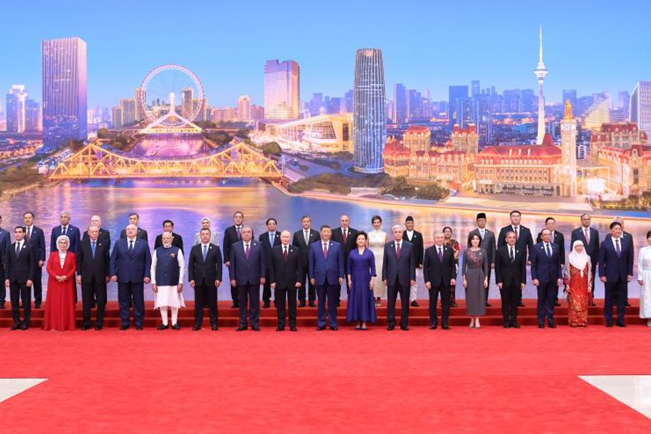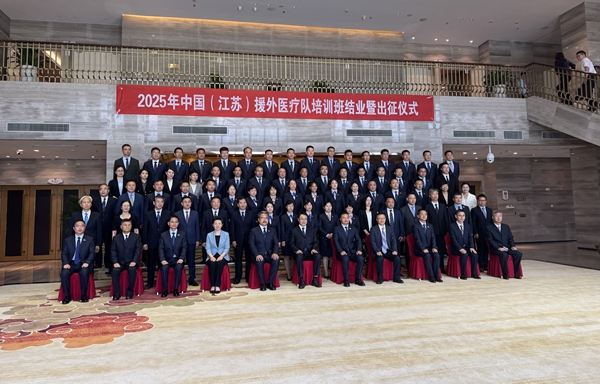
A bus station at Longpan Road in Nanjing City is decorated with flowers to celebrate the Qixi Festival, or Chinese Valentine's Day. (CFP Photo)
Qixi Festival, the most romantic festival of all traditional Chinese holidays, falls on the 7th day of the 7th month according to the Chinese lunar calendar, which is August 22 this year.
Amid people's great interest in traditional culture, more than one thousand activities have been organized in Jiangsu Province to celebrate the festival.

Among various celebration activities, the Nanjing Grand Bao'en Temple Heritage Museum has taken the form of ancient rituals and dances to help visitors understand folk customs.
In Suzhou City, a new marriage registry was opened at the Suzhou Kunqu Opera Theater, allowing new couples to enjoy one of the oldest forms of Chinese opera while marking the significant moment in their lives.
Renfengli, a 700-meter-long ancient street in Yangzhou, hosted a folk customs festival with different zones dedicated to performances, making wishes and market.

Besides, the Jiangsu Centre for the Performing Arts held a concert to celebrate the festival, and the Nanjing Performing Arts Group offered the Yue Opera classic Butterfly Lovers, the love story of Liang Shanbo and Zhu Yingtai, at the Plum Blossom Theatre. The Nanjing Folk Museum also opened an exhibition on traditional customs related to Qixi, and the back street of Nanjing University of the Arts, a popular lifestyle and art destination, showcased traditional Chinese culture.
"Chinese celebration of the Qixi Festival reflects the yearning for a beautiful life and pays tribute to the unswerving love in the mythology of the Cowherd and the Weaver Girl," said Chen Weixin, scholar of Nanjing culture.

Since the Han Dynasty (202 BC-220 AD), the most important part of the Qixi celebration has been Qiqiao, which means praying for dexterity. In Nanjing, young women prayed for cleverness in needlework. In Suzhou, locals referred the water used in the ritual as "mandarin duck water," as the animal is a symbol of love and devotion in Chinese culture. In other cities including Yangzhou and Changshu, girls often gathered on the day and did some needlework.
Ji Zhongyang, professor at Southeast University's School of Humanities, said that about 1,000 years ago in the Song Dynasty, young men and women also bought gifts during the festival, and some gifts were made on-site in the local markets, such as clay figures resembling farming scenes. "These creations were quite like DIY crafts or toys in the mystery boxes favored by today's young people," Ji added.

Photo taken on August 21, 2023 shows a couple displaying cards with their wishes during an activity at a community in Rugao City, Jiangsu Province to celebrate the Qixi Festival. (CFP Photo)
"Love is the foundation for family and happy life. This traditional festival encourages people to be brave in finding love, and also cherishing it," said Zhang Peng, director of Nanjing Normal University Press.

